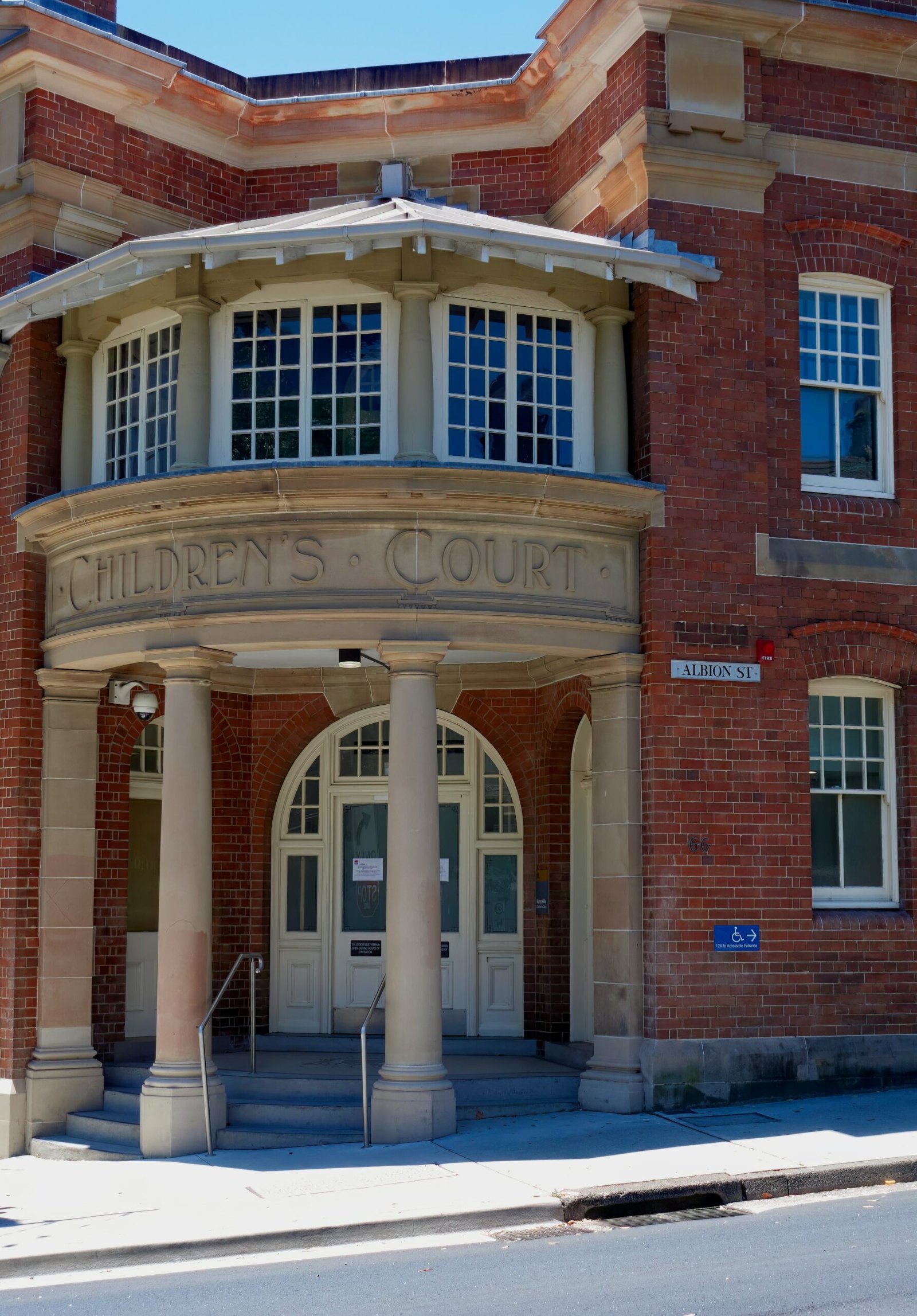Parental Rights and LGBTQ+ Families
In recent years, the LGBTQ+ community has made significant strides in achieving equality and recognition. However, despite these advancements, many challenges still exist for LGBTQ+ parents when it comes to securing parental rights. This blog post will explore the difficulties faced by LGBTQ+ parents in areas such as legal recognition, adoption and surrogacy rights, and protection from discrimination in family law.
Legal Recognition
One of the primary challenges faced by LGBTQ+ parents is the lack of legal recognition of their parental rights. In many jurisdictions, laws and regulations fail to adequately address the diverse range of family structures that exist today. This can result in complications when it comes to issues such as custody, visitation rights, and decision-making authority.
Without legal recognition, LGBTQ+ parents may face difficulties in accessing services and benefits that are typically available to heterosexual parents. This can include healthcare coverage, inheritance rights, and the ability to make important medical decisions for their children. These limitations not only impact the parents but also have a profound effect on the well-being and security of their children.
Adoption and Surrogacy Rights
Another area of concern for LGBTQ+ parents is the process of adoption and surrogacy. While progress has been made in many countries to allow same-sex couples to adopt, there are still jurisdictions where discriminatory laws and societal attitudes persist. This can make it challenging for LGBTQ+ individuals and couples to navigate the adoption process and fulfill their desire to become parents.
In addition to adoption, surrogacy is another avenue through which LGBTQ+ parents can build their families. However, surrogacy laws vary greatly from one jurisdiction to another, and LGBTQ+ individuals may face additional obstacles and legal complexities in pursuing this option. These challenges can range from limited access to surrogacy services to the denial of parental rights for non-biological parents.
Protection from Discrimination
Discrimination against LGBTQ+ parents in family law is a significant concern. While progress has been made in some regions to protect LGBTQ+ individuals from discrimination, there is still work to be done. LGBTQ+ parents may face bias and prejudice when it comes to issues such as child custody, visitation rights, and child support. This can result in unfair outcomes and a lack of legal protection for both the parents and their children.
Furthermore, LGBTQ+ parents may also face challenges in their interactions with schools, healthcare providers, and other institutions that play a role in their children’s lives. Discrimination and lack of understanding can lead to exclusion, denial of services, and a hostile environment for both the parents and their children.
Conclusion
The challenges faced by LGBTQ+ parents in securing parental rights are significant and multifaceted. Legal recognition, adoption and surrogacy rights, and protection from discrimination in family law are all areas that require continued advocacy and reform. It is essential for society to recognize and support the rights of LGBTQ+ parents, as their ability to create loving and stable families should not be hindered by outdated laws or societal prejudice.
By working towards greater legal recognition, equal adoption and surrogacy rights, and comprehensive protection from discrimination, we can create a more inclusive and just society for all families, regardless of their sexual orientation or gender identity.

